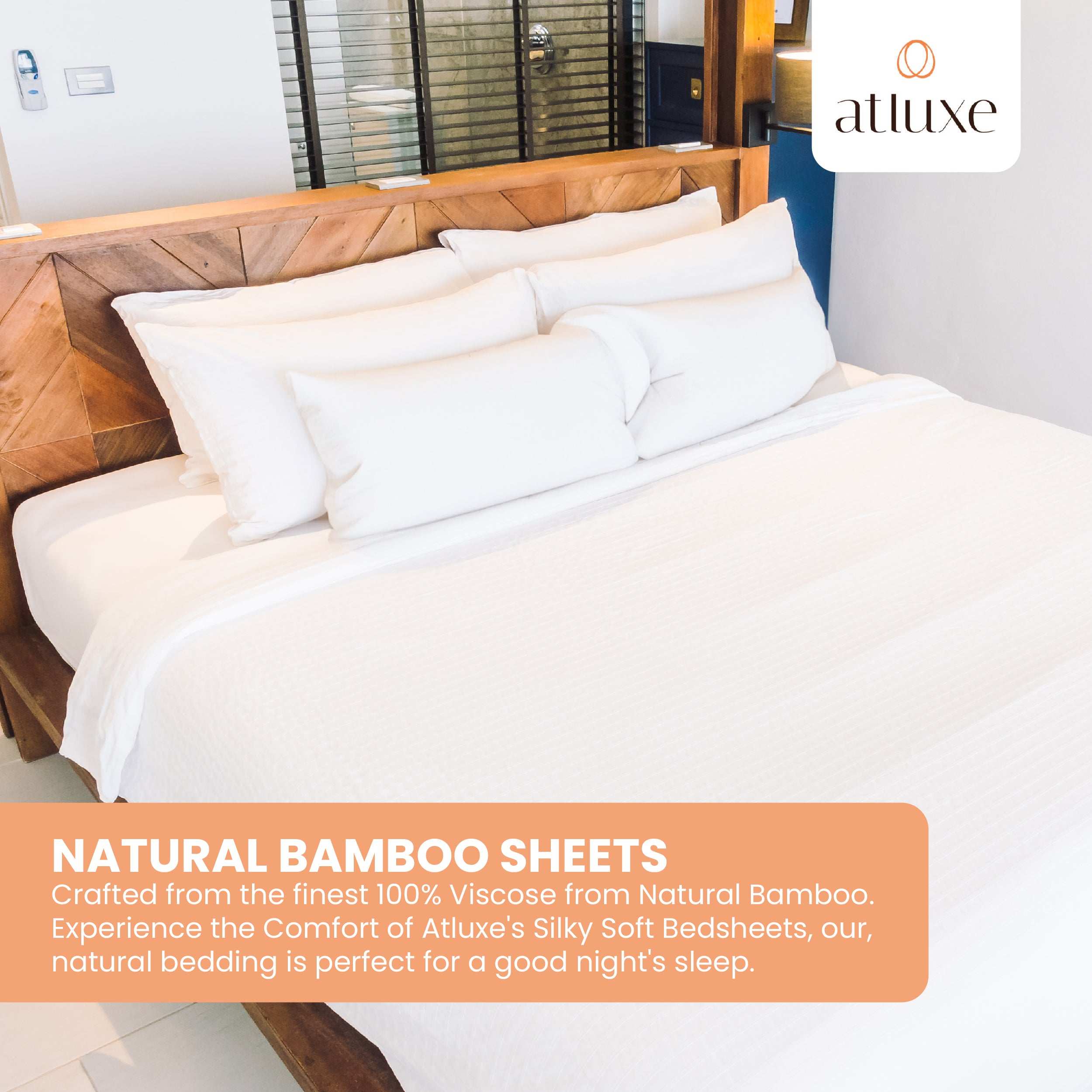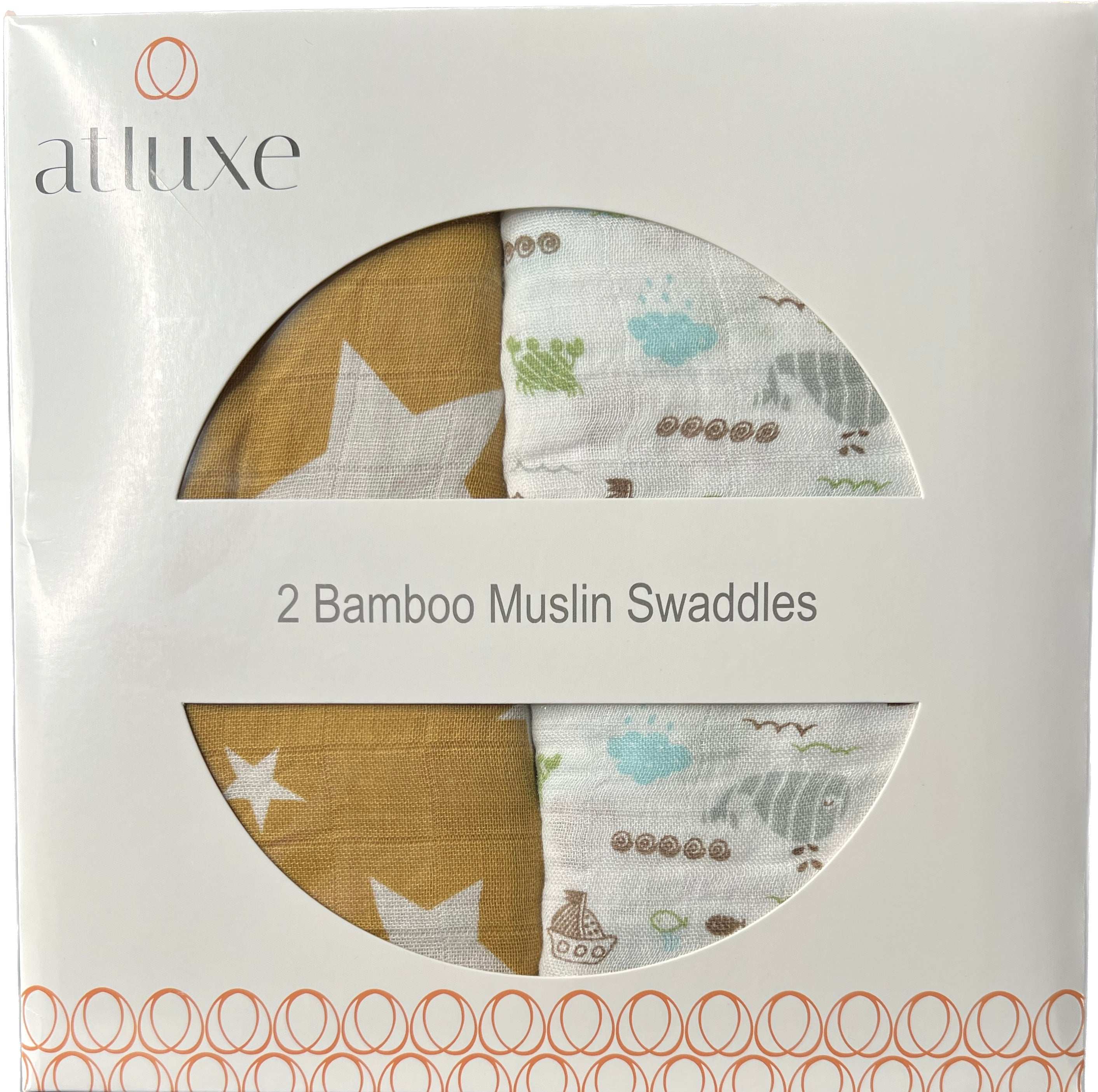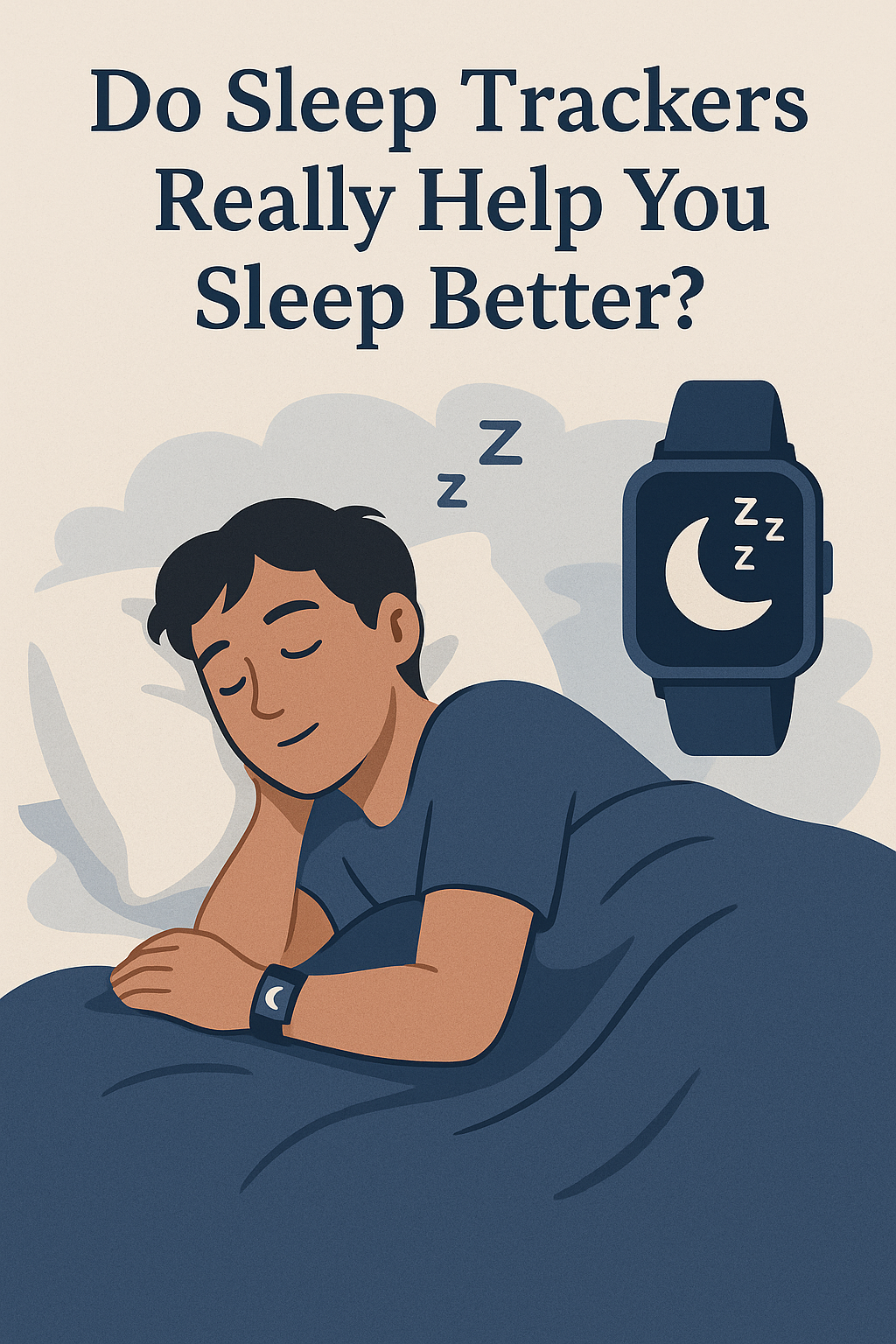A closer look at whether more data leads to better rest.
We live in a world where nearly everything is tracked—our steps, our heart rate, our screen time. So it’s no surprise that sleep tracking has surged in popularity, with devices like the Oura Ring, Fitbit, and Apple Watch promising to help us unlock better, deeper sleep.
But does knowing how you slept actually help you sleep better?
At Atluxe, we believe in thoughtful tools that support your wellness—not overwhelm it. Let’s explore the pros and cons of sleep trackers, and more importantly, whether they really change behavior in meaningful ways.
The Promise of Sleep Trackers
Most sleep trackers claim to monitor your:
-
Sleep stages (light, deep, REM)
-
Sleep duration and efficiency
-
Resting heart rate and body temperature
-
Respiratory patterns
-
Movement during sleep
Some, like the Oura Ring, even provide a “readiness score” based on your recovery metrics. Others, like Fitbit, offer sleep coaching or insights to help you tweak your routine.
The idea is simple: the more you understand your sleep patterns, the more empowered you’ll be to optimize them.
But does that always happen?
The Pros
1. Awareness Creates Intention
If you’re someone who’s never really thought about your sleep, tracking it can create powerful awareness. Seeing trends—like how late caffeine disrupts REM—can lead to positive changes.
2. Motivation & Habit-Building
Many people find it motivating to “improve their sleep score,” which can drive consistency around bedtime, screen limits, and relaxation rituals.
3. Health Insights
Long-term tracking may reveal deeper issues like sleep apnea, irregular heart rate, or signs of chronic stress, prompting you to seek professional care.
The Cons
1. Accuracy Isn’t Perfect
Consumer-grade trackers can’t measure brainwaves (like a true sleep study), so they often misclassify sleep stages, especially REM vs. light sleep.
2. Data Overload or Anxiety
Some users become obsessed with their sleep data—worrying about bad scores and feeling anxious before bed, which ironically worsens sleep. This is called orthosomnia.
3. It Doesn’t Guarantee Change
Just because you know you slept poorly doesn’t mean you’ll automatically sleep better. Without intentional habits—like upgrading your sleep environment or committing to wind-down time—data alone falls flat.
So… Do They Actually Help?
The answer is: they can—if used mindfully.
Think of a sleep tracker as a mirror, not a solution. It shows you patterns. But the real magic happens when you take what you learn and build a lifestyle that supports rest:
-
Go to bed at the same time each night.
-
Create a calming bedtime routine (we suggest starting with soft, breathable bamboo sheets).
-
Keep your bedroom cool, dark, and device-free.
-
Listen to your body—not just your tracker.
Sleep Starts with How You Feel
At Atluxe, we believe the best measure of sleep is how you feel—not just what a device tells you. Are you waking up refreshed? Do you feel present during the day? That’s the true sleep score that matters.
Whether you love data or prefer to follow your intuition, one thing is clear: quality sleep begins with intention. And it thrives in an environment that feels peaceful, grounding, and luxurious.
Track if you like—but never forget to listen to yourself. Your body knows.






Leave a comment